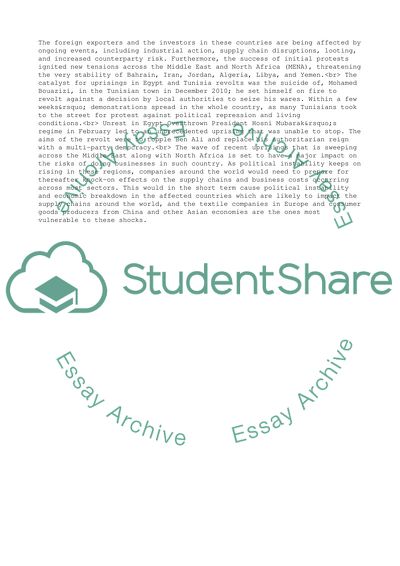Cite this document
(International Management: How the Recent Popular Uprisings in Tunisia, Research Paper - 1, n.d.)
International Management: How the Recent Popular Uprisings in Tunisia, Research Paper - 1. Retrieved from https://studentshare.org/management/1752473-managment
International Management: How the Recent Popular Uprisings in Tunisia, Research Paper - 1. Retrieved from https://studentshare.org/management/1752473-managment
(International Management: How the Recent Popular Uprisings in Tunisia, Research Paper - 1)
International Management: How the Recent Popular Uprisings in Tunisia, Research Paper - 1. https://studentshare.org/management/1752473-managment.
International Management: How the Recent Popular Uprisings in Tunisia, Research Paper - 1. https://studentshare.org/management/1752473-managment.
“International Management: How the Recent Popular Uprisings in Tunisia, Research Paper - 1”, n.d. https://studentshare.org/management/1752473-managment.


